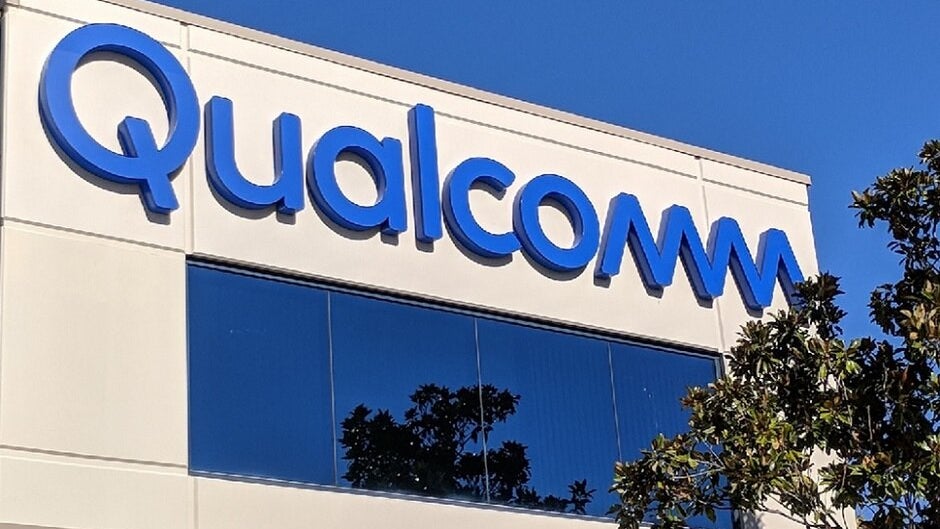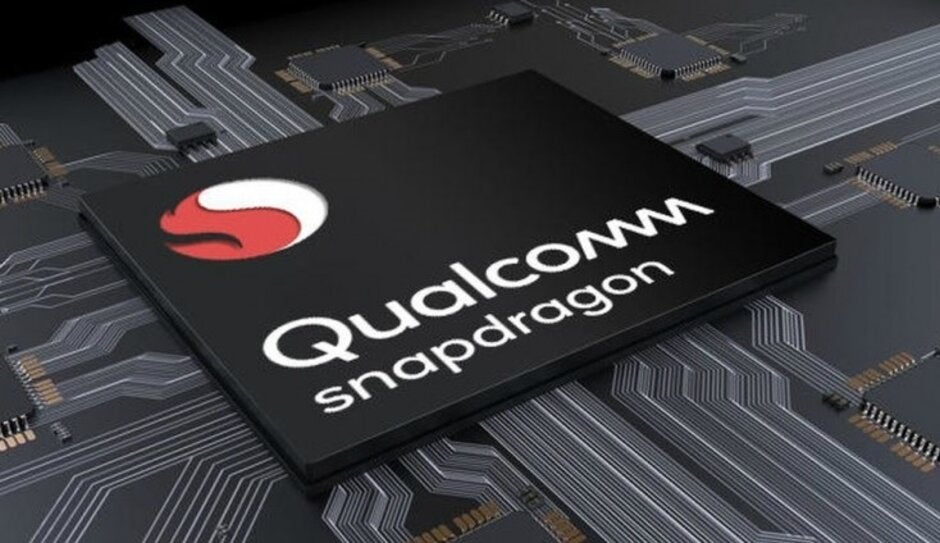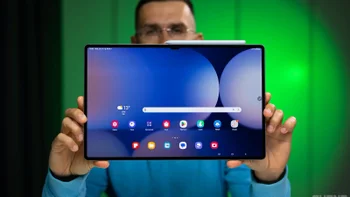Court ruling means Qualcomm can continue its controversial business practices for now

Back in May, Judge Lucy Koh ruled against chipmaker Qualcomm and in favor of the Federal Trade Commission in a non-jury trial. Koh's ruling demanded that Qualcomm change the way it sells chips to phone manufacturers and renegotiate its contracts with them. The trial was heard over a ten-day period in January and Judge Koh heard from Apple and other companies about Qualcomm's business practices. These include the outfit's "No license, no chips" policy, royalties computed using the retail price of a phone, and Qualcomm's refusal to license its standard-essential patents to rivals. These are patents that manufacturers need to license so that their products can meet technical standards. Because of this, SEP royalties are supposed to be Fair, Reasonable and Non-Discriminatory (FRAND).
Qualcomm quickly appealed the decision and asked Judge Koh to freeze her ruling (a stay, in legal terms) until Qualcomm has exhausted its legal options. The company says that it doesn't want to renegotiate all of the contracts it has with manufacturers only to win on appeal, forcing it to revert back to the previous terms. Judge Koh said no, so Qualcomm turned to the Ninth U.S. Circuit Court of Appeals which granted the stay on Friday.
It could take a year for the litigation to reach its end
According to The Wall Street Journal, the appeals court issued a seven-page order granting the stay and noted that Qualcomm "has shown, at minimum, the presence of serious questions" about Judge Koh's decision. In addition, the court also ordered oral arguments on the appeal to begin in January 2020.
"We are pleased that the Ninth Circuit granted our request and believe the district court decision will be overturned once the merits of our appeal have been considered. The stay, which remains in effect through the course of the appeals process, keeps intact Qualcomm’s patent-licensing practices. This will allow Qualcomm to continue to invest in inventing the fundamental technologies at the heart of mobile communications at this critical time of transition to 5G."-Don Rosenberg, executive vice president, and general counsel, Qualcomm
As you might expect, the FTC was not happy with the ruling. Bruce Hoffman, director of the FTC’s bureau of competition said, "We respect the decision and look forward to defending the district court’s decision on the merits." Hoffman notes that some restrictions placed on Qualcomm remain in effect. There are some monitoring requirements that will still need to be followed and Qualcomm is not allowed to interfere or prevent its customers from talking to the government about antitrust matters pertaining to the company. But it still is a big win for Qualcomm since it won't have to change its business practices for as long as it takes for the litigation to come to an end. That could take as long as a year.

Qualcomm does not have to change its business practices until it exhausts all of its options to appeal the decision
The appeals court also said that it granted the stay because the government is divided about the judge's original ruling. While the FTC argued that issuing a stay would allow Qualcomm to continue its anticompetitive actions, the Justice Department said that the ruling against Qualcomm could be a national security threat since it might prevent Qualcomm from being a global leader in 5G. The court wrote in its decision "This case is unique, as the government itself is divided about the propriety of the judgment and its impact on the public interest."
It has been a strange year for Qualcomm. In April, right as a multi-billion court case between Apple and Qualcomm was coming to an end, the two companies settled a feud and both firms dropped lawsuits that they had filed against each other. Apple paid Qualcomm a sum believed to be $4.5 billion and Qualcomm gave Apple a six-year license (with a two-year option) and a multi-year chip supply agreement. News of the settlement drove investors into Qualcomm's shares sending them from $57.18 the day before the settlement to a high of $89.29 just two and a half weeks later. But once Judge Koh's ruling was announced, the stock dropped to $65.37. Despite news of the stay, Qualcomm's shares closed down 4.7% on Friday to $73.52 on the escalation of the U.S.-China trade war.
Follow us on Google News










Things that are NOT allowed:
To help keep our community safe and free from spam, we apply temporary limits to newly created accounts: